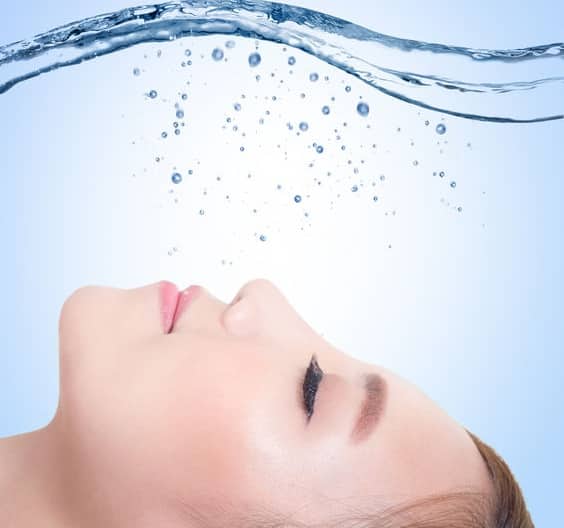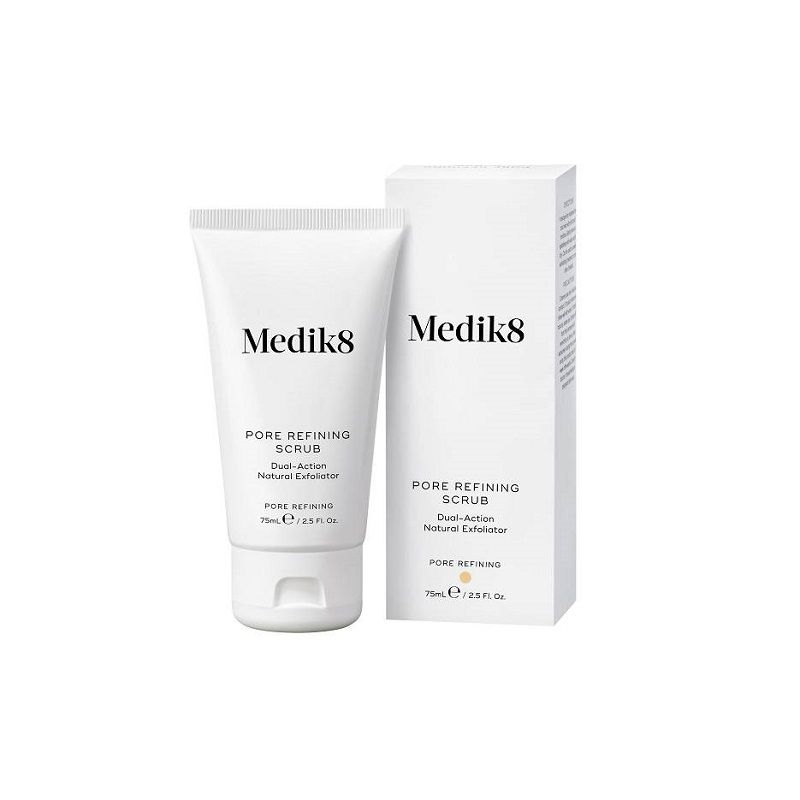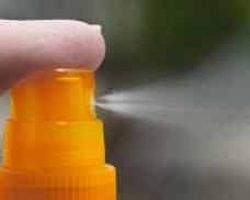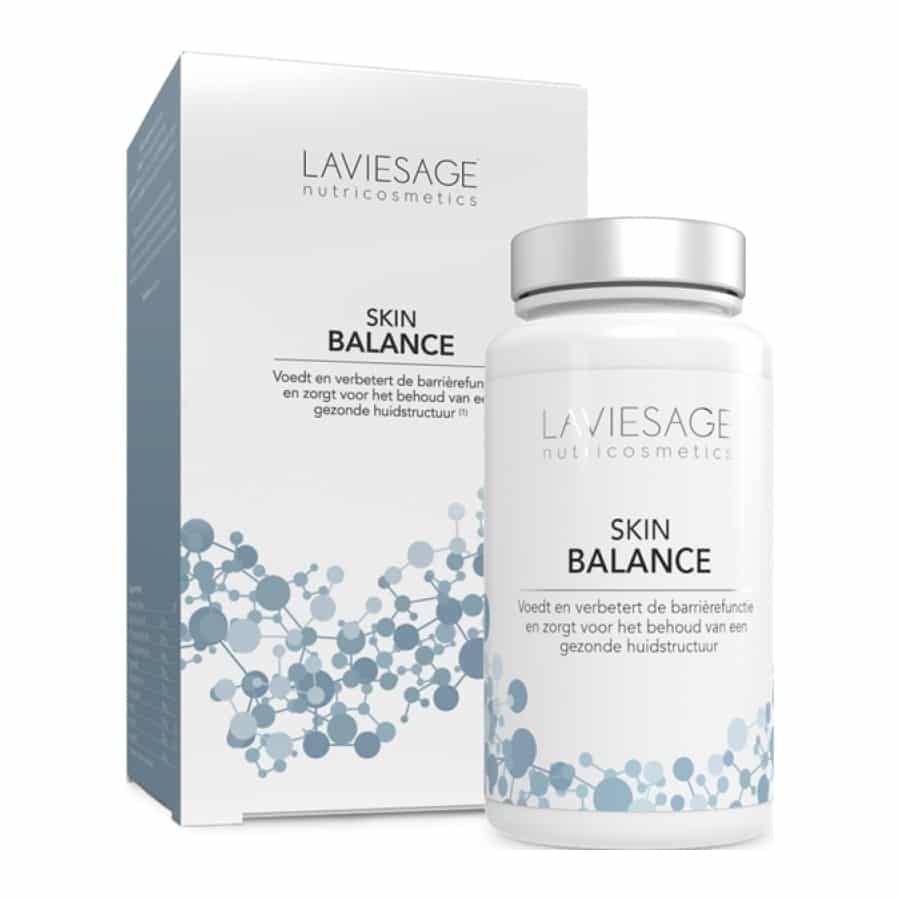What to do about dry skin?
How do you improve and prevent dry skin
Some people are more likely to have dry facial skin than others. Gentle treatments and moisturizing creams and serums can relieve dry skin and keep skin adequately hydrated throughout the day.
Dry skin can have various causes, especially changes in temperature and humidity, the use of soaps with harsh chemicals and skin conditions such as eczema can cause dry skin on the face

What is the difference between dry and dehydrated skin?
A dry skin is a skin type that is generally deficient in oils and/or lipids.
A dehydrated skin is a condition that anyone can experience and is a skin without moisture. There is a shortage of water in the stratum corneum, the top layer of the skin. Dehydrated skin is therefore not a skin type but a skin condition. Dehydrated skin occurs when the protective top layer of the skin, the so-called stratum corneum, is not moist. Some signs of dehydrated skin include itchy skin, dullness, dark circles under the eyes and the appearance of wrinkles. You don't need dry skin to have dehydrated skin. Oily or combination skin may also be dehydrated.
How do you know if you have dry skin or dehydrated skin? Here's an overview of the most important features
Dry skin features
- Feels rough
- seems dry
- Can be flaky
Features dehydrated skin
- looks dull
- feels tight
- Feels rough
- Is sensitive
- Shows fine lines
- Accelerated signs of aging, such as sagging skin and deep wrinkles.
- dark circles
- Itchy Skin
What are the causes of dry skin?
The skin naturally produces an oil called sebum. When the skin produces too much oil, it can lead to pimples. However, having some sebum on the skin is important to keep the skin hydrated and protect the cells from infection.
The skin that does not produce enough sebum or replenishes itself can become dry.
Dehydrated skin lacks hydration and looks dull or rough.
Causes of dry or dehydrated skin
- cold weather
- dry air
- exposure to harsh chemicals in soaps or other products
- excessive washing of the skin
- unbalanced skin pH
- skin conditions, such as atopic dermatitis, seborrheic dermatitis and psoriasis
- diabetes mellitus
- hypothyroidism
- smoking
- spending too much time in direct sunlight…
- Excessive use of alcohol
Tips and advice to improve dry and or dehydrated skin
But don't worry, dehydrated skin can be treated well in different ways. Which treatment is best for dry skin depends on the cause and severity of a person's dry skin. Treatments also vary between different skin types, which can be normal, dry, oily or combination.
We give you tips below to prevent dry or dehydrated skin.
1. You need to moisturize dry skin every day
Moisturizing creams and serums improve the skin's natural barrier function, which promotes water retention.
Apply a moisturizing cream to the face in the morning and evening. We also recommend the use of a moisturizing serum for very dry skin.
There are many different moisturizing creams and serums on the market.
Gentle, face-friendly moisturizers often contain the following beneficial ingredients:
- Hyaluronic acid
- Keramides (ceramides)
- aloe vera
- shea butter
- Glycerine draws water to the skin and holds it where it is needed
Some moisturizing skin care products contain drying agents that can make dry skin worse. In general, people should avoid products containing the following substances.
- Alcohol
- artificial scents or colors
- dioxane
- petrolatum or petroleum (which is in Vaseline)
2. Use a gentle cleanser
Cleansers containing fragrances, colors, and other chemicals can irritate and dry out the skin. It is generally better to opt for a mild, fragrance-free cleanser and avoid products that contain alcohols, artificial colors and plastics.
It is better to avoid these ingredients in cleanser if you suffer from dry skin:
- sodium lauryl sulfate (SLS)
- Mineral oils, including petroleum and paraffin\
- Parabens
- diethanolamine (DEA)
- monoethanolamine (MEA)
- triethanolamine (TEA)
3. Exfoliate to remove excess dry skin
Excess dry skin can be easily removed by exfoliating your face. As a result, the skin naturally makes new cells and the old dry skin cells are removed. When dead skin cells become trapped on the surface, it can cause dry patches and clogged pores
By exfoliating the skin you remove the dead skin cells and reduce the dry spots and improve your overall texture of the skin because your serums and skin products that you use afterwards penetrate the skin much deeper and better.
Chemical peels are available, although they sound harsh, they are generally gentler than a mechanical peel such as brushes or exfoliating washcloths. In addition, chemical peels contain fruit acids, among other things. Fruit juices come in 2 varieties; alpha hydroxy acids (AHAs) and beta hydroxy acids (BHAs).
AHAs dissolve dead cells on the surface of the skin, while BHAs penetrate the deeper layers of the skin to remove dead cells from the pores. Both AHAs and BHAs increase cell turnover, leaving the skin soft and supple.
How do you use exfoliating skin products for dry skin?
We recommend that you always combine chemical peels with fruit acids with other skin products, such as a cleanser and moisturizing products, to get rid of dry skin faster and more effectively
However, it is important to note that overuse of these products can make dry skin worse. First-time exfoliators should test it on a small area of their face and wait a few days to see how their skin reacts before using it more extensively.
What you should definitely not do with extremely dry skin is scrub it every day because this can irritate and dry the skin and the skin will not have time to recover to make new cells. Applying a good moisturizer immediately after exfoliating will help hydrate your skin.
4. Do not use hot water on dry skin
It is best to use warm or lukewarm water when washing the face and showering. Too hot which can strip the skin of its natural oils leading to tight and dry skin.
Taking a shower or bath for too long can remove sebum from the skin. We recommend limiting showers and baths to 5-10 minutes or less to help dry skin heal.
After showering and washing the face, immediately apply a moisturizing cream to provide the skin with extra hydration.
5. Air Conditioning and Central Heating Cause Dry Skin
Constantly running air conditioning or indoor central heating removes moisture from the air and also the skin. With dry facial skin, limiting the use of air conditioning and heating is recommended.
6. Prevention with SPF against dry skin
We all know that the sun is harmful, but it can also dry out your skin extra. Wearing a sunscreen every day can prevent dry skin on the face.
Sun damage is one of the leading causes of dry skin, wrinkles and roughness. You can help prevent that damage by using a Broad Spectrum SPF 30 sunscreen. We recommend using an SPF all year round to optimally protect the skin and prevent dry skin
To avoid dry, chapped lips in the winter, use a lip balm with SPF 15 sunscreen and cover your lips with a scarf or hat with a mask.
7. Use Fish Oil Supplements
To properly nourish the skin, it is important to take healthy and necessary foods and supplements. Some oils also work best when taken internally. Studies show that fish oil helps soften dry skin, especially because of the omega 3 acids.
8. Moisturizing Face Masks
Masks that moisturize are an excellent way to nourish your face effectively and quickly. Moisturizing masks are a great way to help serums get absorbed into your skin faster. Every skin type is suitable for a moisturizing mask. If you have a dehydrated skin or a dry house, we recommend applying a moisturizing mask weekly.
9. Improper Shaving Can Cause Dry, Irritated Skin
Shaving can irritate dry skin. While shaving unwanted hair, you are also scraping natural oils from your skin. The best time to shave is right after you shower. Hairs are softer and more supple after showering, making shaving hair easier.
Always use a shaving cream or gel and always shave in the direction the hair grows to protect your skin. Make sure the razor is sharp. A dull razor can cause additional irritation. Replace your razors regularly.
9. Lifestyle tips against dry skin
In addition to using the right skin products for dry skin, you can do much more to prevent dry skin.
- Quit smoking
- Use less caffeine
- Use a humidifier in the bedroom
- Drink at least 2 liters of water a day
- Eat plenty of fruit and vegetables, so the body retains moisture for longer
- Eat enough omega 3 products for a beautifully hydrated skin
- If you fly a lot and for a long time, make sure to moisturize your skin every 2 hours with a moisturizing cream
- The more alcohol you drink, the more fluid you lose, your body dries out and so does your face
Below you will find all skin products that are good for dry skin. If you want advice, leave a comment below or contact isn by phone on 020-7372339







